After the normalization of relations with Israel and the recent events, balancing work began for many Arab countries.
The basics are in brief
- The conflict in Gaza places many Arab countries in a difficult position.
- Normal relationships should not be compromised by excessive criticism.
- For this reason, Arab states’ criticism of Israel is somewhat restricted.
After the normalization of relations with Israel, a diplomatic balance began for many Arab countries with the conflict in Gaza. The United Arab Emirates, Bahrain, Morocco, and Sudan entered into normal relations agreements with Israel since August.
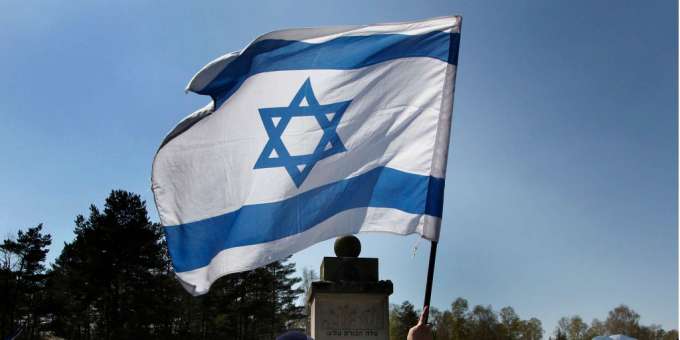
Now they face the challenge of not jeopardizing this new dialogue by sharply criticizing Israel. At the same time, decades of support for the Palestinians should not be neglected.
Emirates issued a statement
On Friday evening, the UAE published a moderate statement demanding: “All parties undertake to take immediate steps to cease fire, start political dialogue, and exercise maximum restraint.”
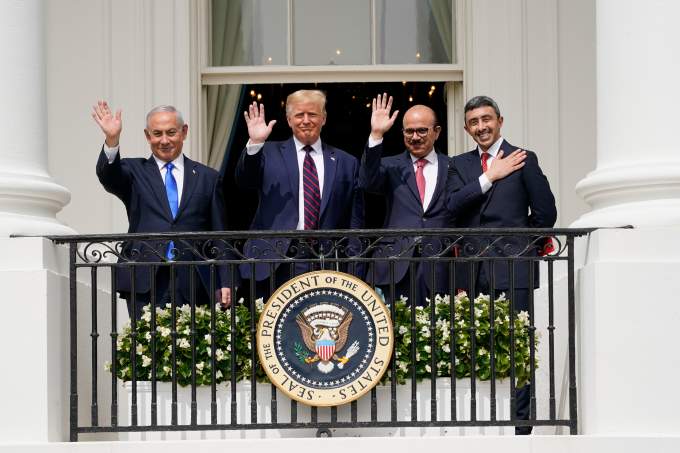
Foreign Minister Abdullah bin Sajid expressed his condolences to “all the victims of the recent fighting,” according to the Emirates News Agency (WAM). After storming the Al-Aqsa Mosque, the principalities of Israel urged Israel to do so in a conservative tone: they should “avoid practices that endanger the sanctity of the mosque.”
Bahrain, Morocco and Sudan condemn the clashes
Bahrain, Morocco and Sudan also condemned the clashes at Al-Aqsa Mosque, but did not comment on the situation in Gaza. Your criticism of Israel has remained somewhat restrained in the past few days.
With their rapprochement, the countries turned away from a long line of Arab governments to reject relations with Israel. This is as long as the conflict with the Palestinians remains unresolved. In addition to the economic advantages, they were also interested in an alliance against their common arch-enemy Iran.
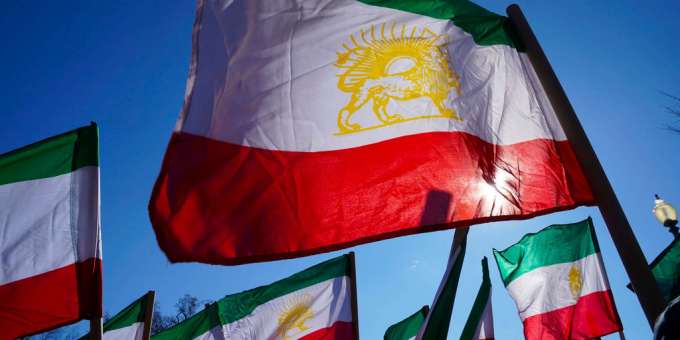
However, in some cases, the countries also revert to previously dominant rhetoric. On Twitter, Anwar Gargash described “ending the Israeli occupation with a two-state solution and an independent Palestinian state” as a “principled historical position.”
Joe Biden tries to broker a truce
Similar comments came from Oman, Qatar and Saudi Arabia, which have yet to normalize relations with Israel. Moroccan Foreign Minister Nasser Bourita described the Palestinian issue as a constant concern “in a firm and clear position on the kingdom.”
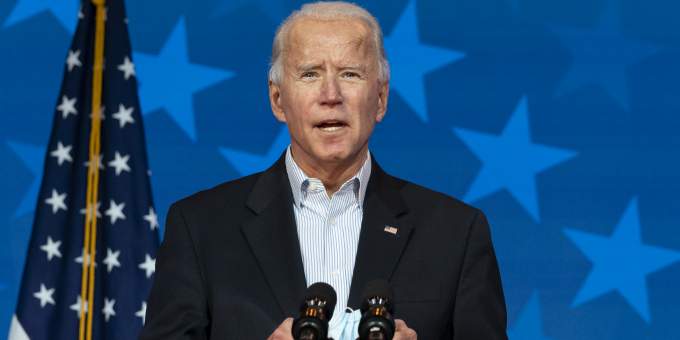
In September, Donald Trump described the rapprochement with Israel as “a basis for comprehensive peace in the entire region.” Trump spoke of “the beginning of a new Middle East.” The Palestinian leadership refused to enter into a dialogue with the Trump administration and accused the then American president of unilaterally bias towards Israel. Trump’s successor, Joe Biden, is trying to broker a ceasefire.

“Award-winning music trailblazer. Gamer. Lifelong alcohol enthusiast. Thinker. Passionate analyst.”


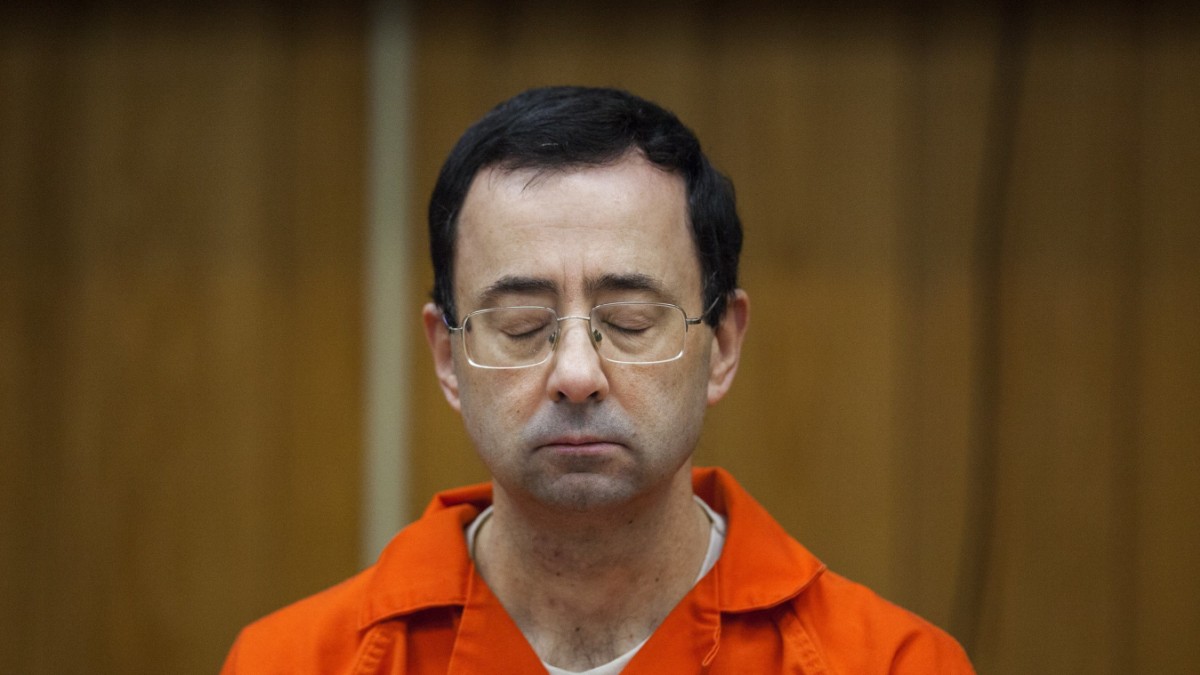

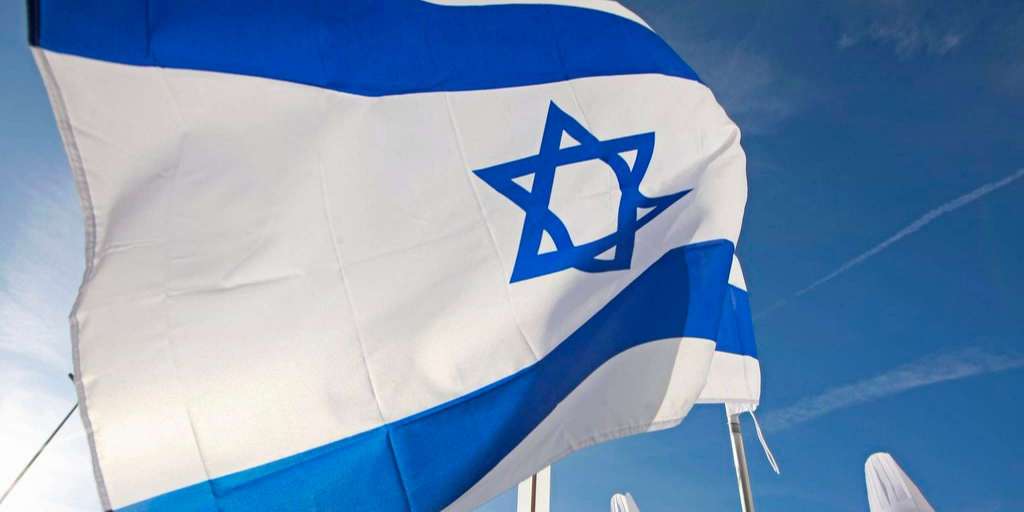
More Stories
US broadcaster justifies Kate's jokes on live show – and receives criticism
Meg Bennett from “General Hospital”: The American soap star has died
Excitement in Great Britain: Duchess Meghan closes the car door herself